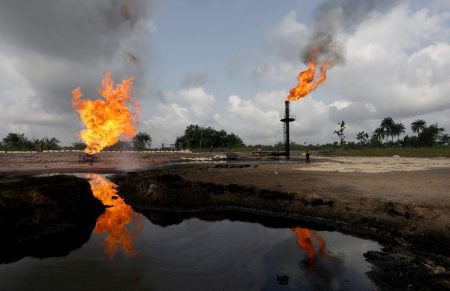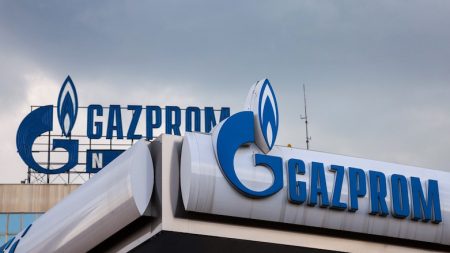 01 May 2013, Accra – The West African Gas Pipeline project, planned to supply Nigeria’s natural gas to utilities in Ghana, Togo and Benin, missed another deadline to resume supplies on Tuesday.
01 May 2013, Accra – The West African Gas Pipeline project, planned to supply Nigeria’s natural gas to utilities in Ghana, Togo and Benin, missed another deadline to resume supplies on Tuesday.
The West African Gas Pipeline Company, WAPCo, had planned to resume transportation of gas to the three countries on Tuesday, April 30 after completion of repairs to its damaged pipe in Togo.
But, the company said in a statement that the target had become unrealistic, adding that the “schedule had slipped because of two main challenges contracting and line cleaner defect”.
Ghana, which has been suffering serious power shortage because Sunon Asogli, a company which generates 200 megawatts of power using gas, which has been out of business since August last year, has expressed “great concern” about the development.
The Ministry of Energy and Petroleum said in a statement in Accra on Monday that this was not the first time WAPCo was failing to deliver on its promise of resuming gas transportation to Ghana since the damage to the gas pipeline on August 28, 2012.
The Ministry, however, gave the assurance that the load shedding in the country would end by the first week of May because two projects would add 265 megawatts to generation.
It said: “Indeed, in the past few months we have been able to bring on stream 132MW from the Takoradi 3 Thermal Power Plant (T3) on May 3, 2013.
“His Excellency the President of the Republic, John Dramani Mahama, will officially inaugurate one of the units of the Bui Hydro Project which expected to 133MW.
“This means that we have been able to add to our installed generation capacity a total of 265 MW. This sufficiently t akes care of the 200MW that was taken off as a result of Sunon Asogli not running because of lack of natural gas.”
The government said this would be achieved at “a very high operational cost” due to crude oil purchase as it cost government at least 50 million dollars every 20 days to purchase light crude oil for the Volta River Authority, VRA, to generate power.
The ministry said the government was working assiduously to ensure that 5,000 megawatts of power is generated by 2015.



